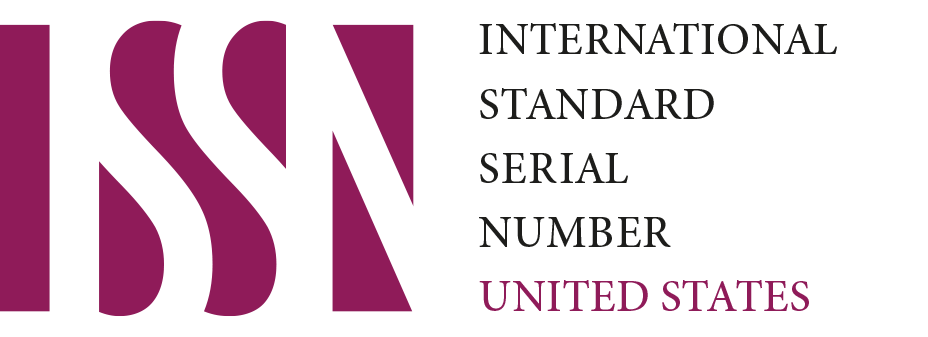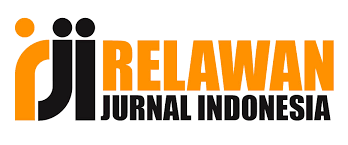Metakognitif Siswa Sekolah Dasar
DOI:
https://doi.org/10.69630/jm.v2i1.17Keywords:
metacognitive, metocognitive development, metacognitive students in elementary schoolAbstract
Elementary school students are in the stage of forming the mindset and learning habits of students. This period is the right time to develop metacognitive-skill because students begin to engage in more complex and varied tasks. This study uses a literature study on metacognitive development in elementary school students. Metacognitive skills provide students with the ability to understand how they learn, set learning strategies, and analyze and evaluate their understanding. Aspects of metacognitive development in students are self-regulation and reflective thinking-skill. Several studies have shown that metacognitive development can have a positive impact on academic motivation, learning motivation, and student independence. Learning models that can be used in developing metacognitive elementary school students are self-regulated learning-based learning, guided inquiry learning, and meaningful instruction design (MID) learning models.









